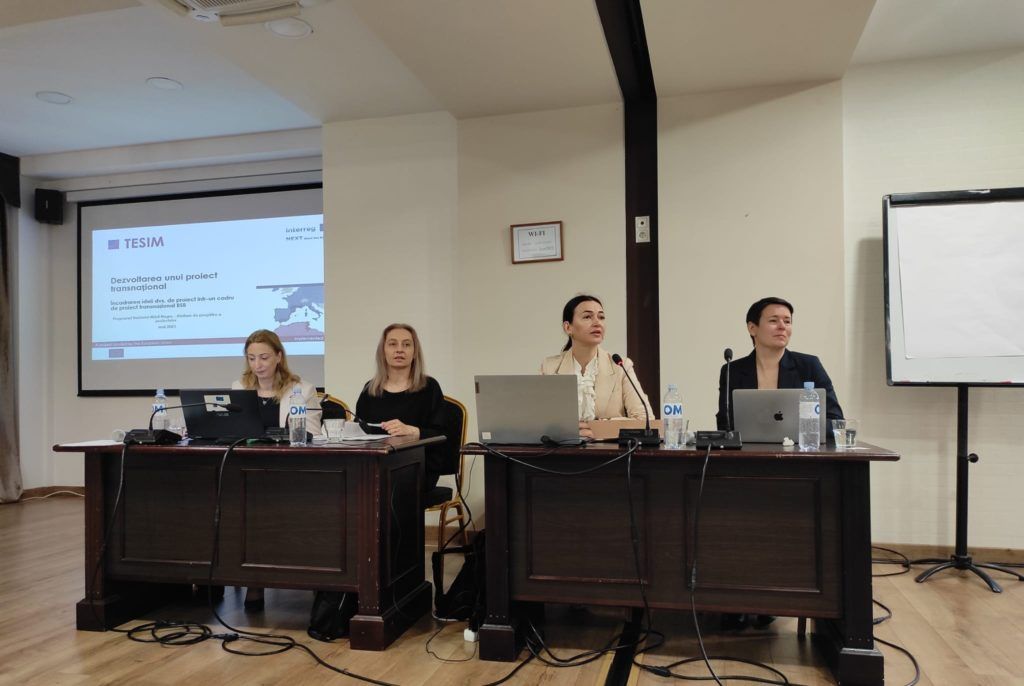What about simplifying the costs? The partnership principle in BSB call
Two rounds of consultations plus information events in each country: and in the end, the application package was modified according to the potential partners views. This was the direction taken by the Interreg NEXT Black Sea Basin programme authorities, while preparing documents for the first call of the NEXT cycle. It is also one of the findings of the report “Towards simplification: Analysis of selection of operations”, commissioned by DG Regio, according to which “wide stakeholders’ consultations on the call for proposals documents can facilitate both the programmes application and implementation process, as it ensures that the needs or potential constraints of the target groups are addressed properly”.
As highlighted by Laura Bobarnac, Head of Unit in the Black Sea Basin Managing Authority, such consultation was a good way “to respect the partnership principle”, which should be a key feature in the preparation and implementation of Interreg NEXT programmes, in line with the Common Provisions Regulation. During the call preparation, potential project applicants and partners – such as local and regional authorities, civil society organisations and research institutes – were invited to give their views on the call’s documents. For the Interreg NEXT BSB programme the consultation took the form of an online survey, broadly advertised during the info days held in each country, and by the Managing Authority and National Authorities websites and social networks. Through a mix of closed and open questions, the consultation allowed to provide an overall vision of the documents, but also detailed comments on specific features e.g. the size of partnerships, the amount and duration of projects, the types of costs covered and the use of flat rates, payments and reporting schemes.
These were essential to understand more precisely the concerns of potential applicants, and to revise the programme’s initial proposal.

Consulting the potential applicants for Interreg NEXT is “all the more important considering the substantial changes introduced under Interreg NEXT , that could affect their participation”, reminds Karine Leroy, TESIM expert following the Black Sea Basin programme, adding that “Such consultation increases also their ownership of the programme”.
The consultation process implemented by BSB harvested its fruits and set the basis for the Managing Authority to confirm or revise the approach for regular and small-scale projects. The MA decided to bring in front of the Monitoring Committee the suggestion of changes to the calls’ documents, including project implementation and financing schemes such as an increase in advance payment, or different approaches for simplified costs options. As mentioned by Laura Bobarnac, the consultation process contributed in the end to a broader reflection on how to improve the implementation of the Interreg NEXT programme. It offered the occasion to ask potential applicants and partners about their needs for support, and to adjust the Managing Authority’s plans accordingly, for example by providing a mix of focused, online and face-to-face events to support organisations in the application process.

Respecting the partnership principle in the call preparation has been a useful experience for the Interreg NEXT Black Sea Basin programme, leading to concrete changes in the call design and bringing the programme closer to its beneficiaries!
